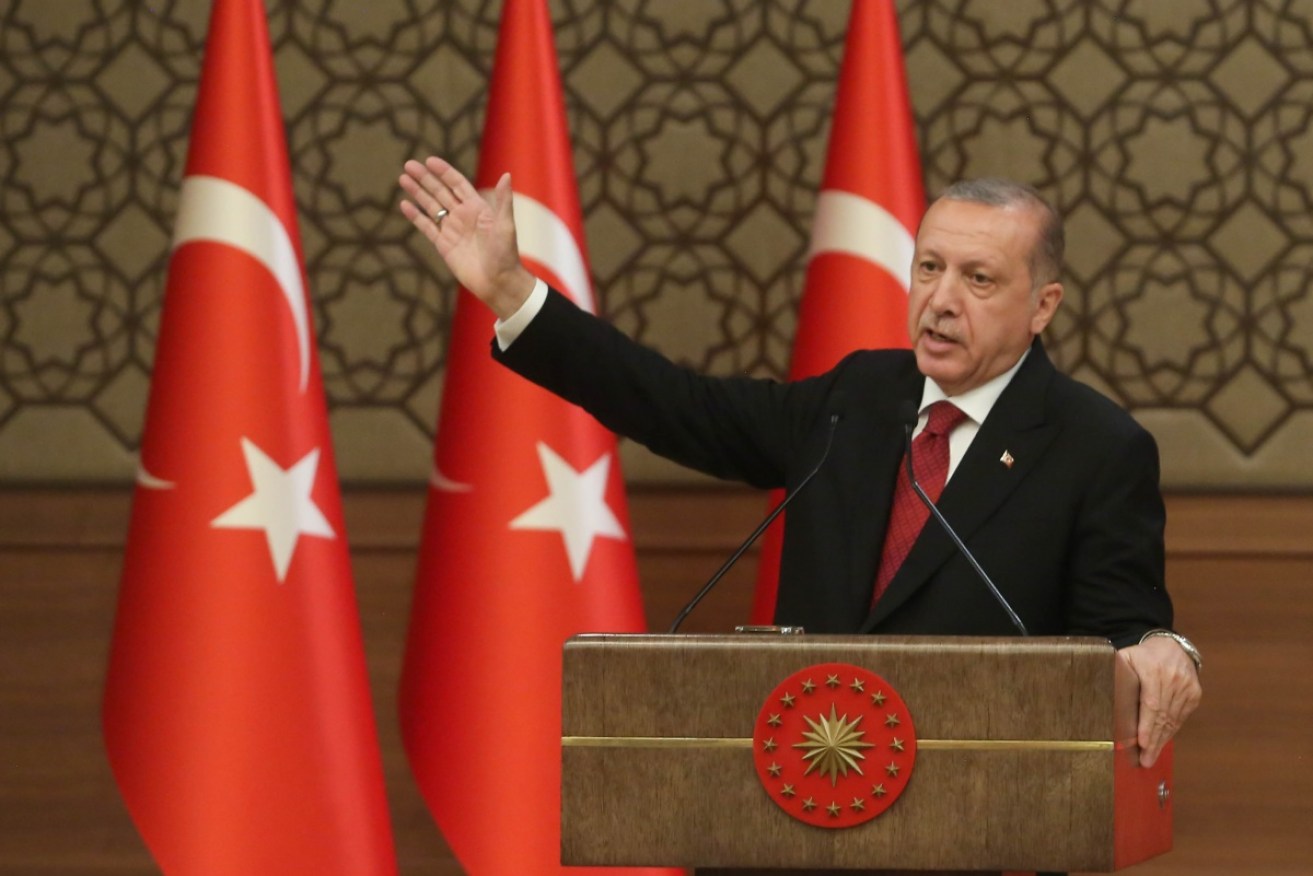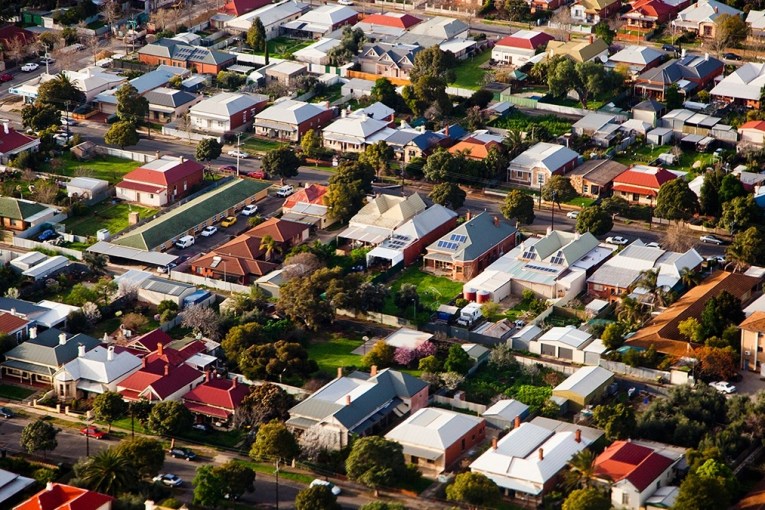‘Evil’ interest rates and a currency crisis: Why Turkey is spooking investors


The Turkish lira crashed in value this week, with global markets abandoning the troubled currency. Photo: Getty
International investors are abandoning Turkey en masse, spooked by an authoritarian president bent on pushing bizarre economic policies.
The Turkish lira has crashed dramatically, falling 18 per cent against the US dollar on Friday alone, as international investors ditched the troubled currency.
The lira’s buying power against the US dollar has nearly halved since the start of the year.
On Monday, the lira hit a record low of $US0.14, with global financial market confidence in President Recep Tayyip Erdoğan’s monetary policy seemingly shattered.
A troubled democracy

The Turkish lira has fallen in value by more than 40 per cent against the US dollar this year. Photo: Getty
The increasingly authoritarian leader has overseen Turkey’s shift away from democracy since his election as prime minister in 2003, with a successful bid to move the country to a presidential system in 2014 further concentrating power in his hands.
In recent years, the Erdoğan government has drawn international condemnation for its crackdown on press freedom, human rights violations and lack of free and fair elections.
Now, a bizarre set of monetary policies, coupled with tough US trade tariffs on Turkish steel and aluminium in response to the jailing of an American pastor on terrorism charges, has plunged the country into what Mr Erdoğan calls an “economic war”, with effects rippling across global financial markets.
Interest rates the ‘mother and father of all evil’
Mr Erdoğan has an ideological opposition to raising interest rates, earlier this year describing them as “the mother and father of all evil”, but economists say he fails to understand their function as a means of keeping inflation in check.
According to the Financial Times, consumer prices in Turkey rose 15.85 per cent last month, with transportation costs up 24.2 per cent on the year and the price of household goods up 23.3 per cent.
Earlier this month Mr Erdoğan attempted to bolster the struggling currency by urging Turks to “show their resistance to the world” by taking any gold, euros or US dollars they may have stashed away to the bank to exchange for Turkish lira, the FT reported.
Mr Erdoğan’s refusal to take the advice of economists has destroyed global market confidence in the Turkish currency, according to Turkish politics expert David Tittensor, a lecturer at Melbourne’s Deakin University.
The president is running Turkey’s economy like a “family business”, Dr Tittensor said, appointing his son-in-law Berat Albayrak as finance minister in July, to the dismay of foreign investors.
Mr Erdoğan is a “one-stop shop for ruling the country”, free of checks and balances, Dr Tittensor said.








